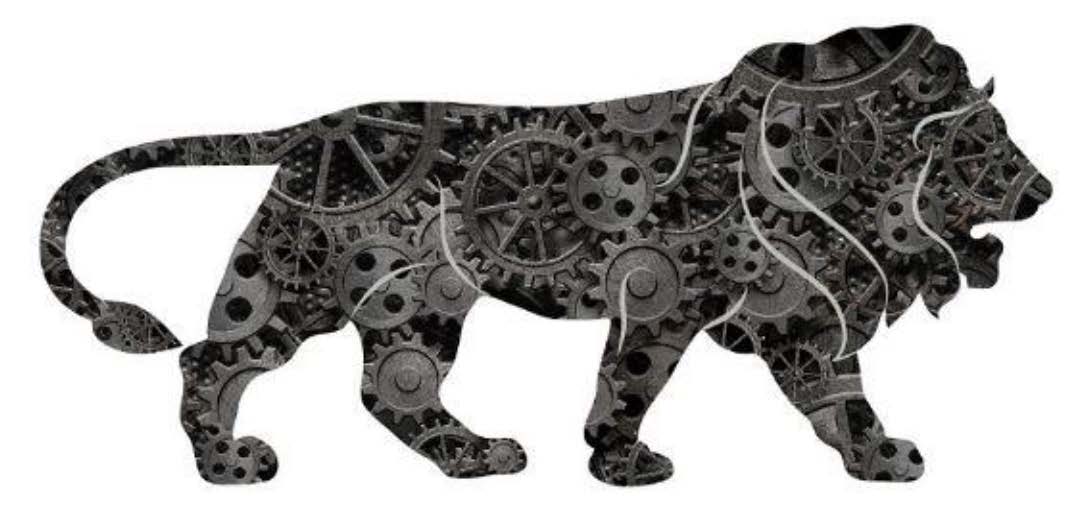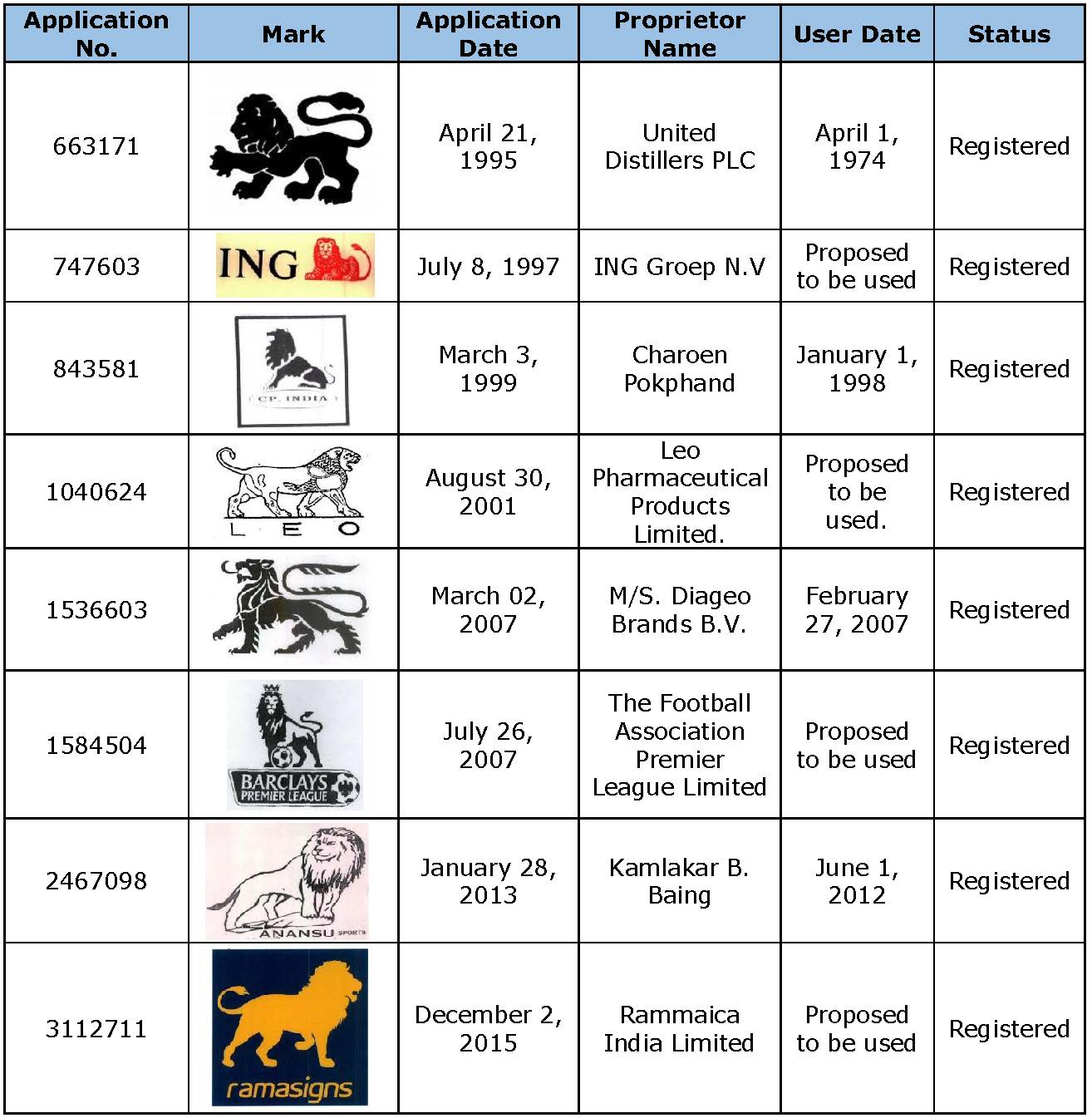Remember the very first Independence Day Speech of Prime Minister Narendra Modi? From the ramparts of the Red Fort he had famously announced,
“Let’s resolve to steer the country to one destination. We have it in us to move in that direction. Come, make in India”, “Come, manufacture in India”. Sell in any country of the world but manufacture here. We have got skill, talent, discipline, and determination to do something. We want to give the world a favorable opportunity that come here, “Come, Make in India” and we will say to the world, from electrical to electronics, “Come, Make in India”, from automobiles to agro value addition “Come, Make in India”, paper or plastic, “Come, Make in India”, satellite or submarine “Come, Make in India”. Our country is powerful. Come, I am giving you an invitation
And bang! Forty-one days later at Vigyan Bhawan, New Delhi, Modi announced the launch of India’s most ambitious plan to boost manufacturing in the country called, ‘Make in India’, in the presence of business stalwarts like Mukesh Ambani, Cyrus Mistry, Kumar Mangalam Birla and Azim Premji.
To give the initiative a truly symbolic touch, during the event a logo was also released, which is a derivation from India’s national emblem. The wheel denotes the peaceful progress and dynamism – a sign from India’s enlightened past, pointing the way to a vibrant future. The prowling lion stands for strength, courage, tenacity and wisdom – values that are every bit as Indian today as they have ever been.

Thereafter, the Department of Industrial Policy and Promotion (hereinafter referred to as the ‘DIPP’), the body responsible for the overseeing the day to day operations related to this initiative filed for a trademark application in Classes 9,16,18,25,28,35,38,41,42, which got advertised in the Trade Marks Journal dated January 19, 2015.
However, on May 18, 2015, Lonsdale Sports Limited, a boxing, mixed martial arts and clothing brand based out of London, England, filed notices of opposition against the ‘Make in India’ mark, in all the classes.
The grounds of opposition in the application are as follows –
- Lonsdale uses lion trademarks, collectively called “Lion Marks” on their products. They have two of their Lion Marks registered in India and applications for two Lion Marks have been advertised. They also have applications and registrations of the Lion Marks in other countries.
- The trademarks of Lonsdale have been used for many years and their products have been worn by renowned sports personalities and celebrities. Because of the historic adoption and popularity of the Lion Marks, they are exclusively associated with Lonsdale.
- The mark of the applicant is visually similar to the Lion Marks and would therefore, lead to confusion and deception among the public as the mark of the applicant cannot distinguish between their goods and the goods of Lonsdale.
- The public would assume from the mark of the applicant that Lonsdale has begun manufacturing new goods or has begun licensing/franchising to the applicant.
- The applicant has no honest or concurrent use to justify the registration of their mark.
- Applicant has falsely claimed proprietorship in their mark as they should have known about the Lion Marks which are very popular and widely used.
- The registration of the applicant’s marks would be infringement of Section 11 of the Trade Marks Act, 1999.
The two Marks in question are copied below:



